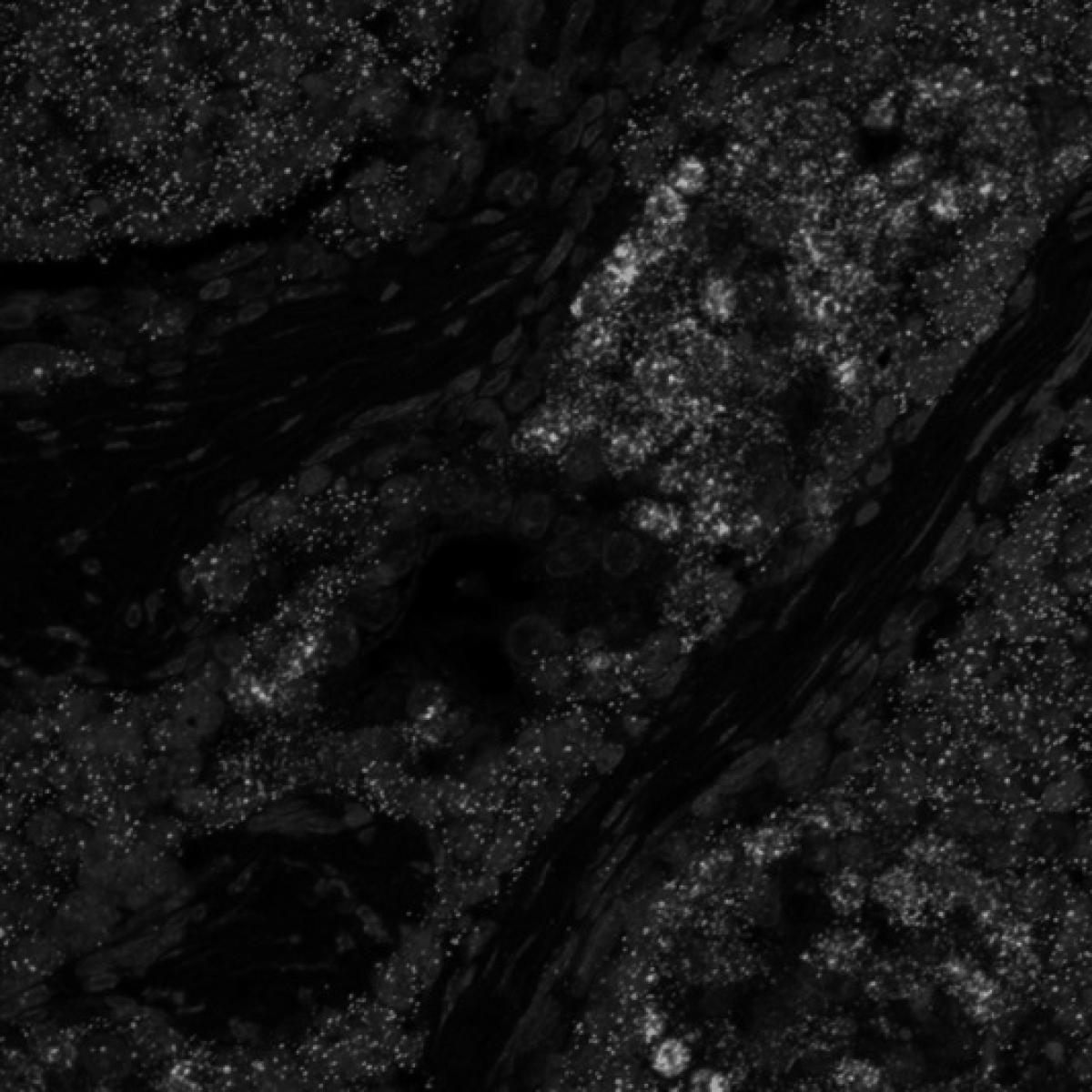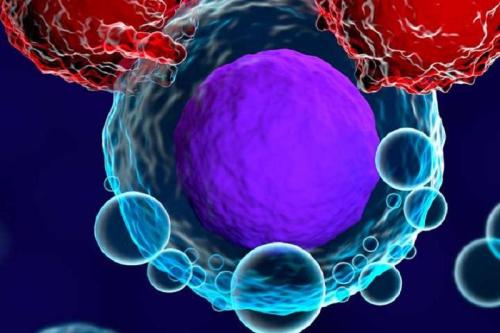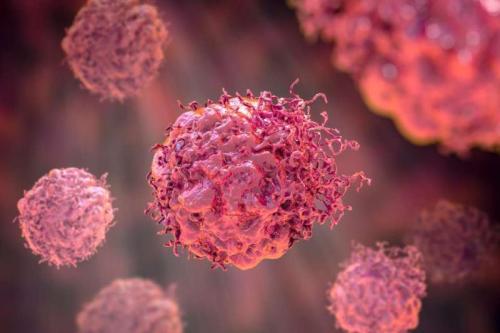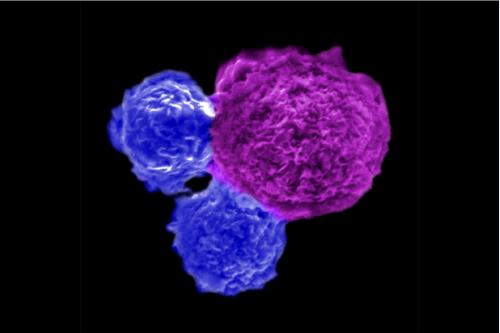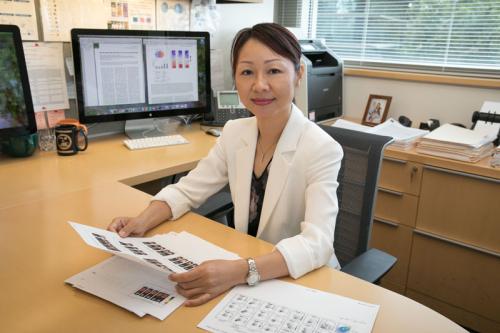
Lili Yang, Ph.D.
- Professor, Microbiology, Immunology and Molecular Genetics

Lili Yang, Ph.D., studies the cellular and molecular mechanisms that regulate how the immune system responds to attacks by disease. She seeks to leverage insights from her research to develop next-generation immunotherapies to treat cancer and a range of chronic conditions including infections, allergies and autoimmune diseases.
The immune system comprises a small, powerful network of blood cells that survey, detect and destroy almost all harmful invaders including germs and viruses. Specialized immune cells are also able to recognize the mutations in cancer cells and eliminate them while leaving healthy cells unharmed. Some cancer cells, however, evade this immune response by masquerading as healthy cells or taking advantage of mechanisms that regulate immunity to prevent autoimmune diseases. Yang aims to develop gene therapies that engineer patients’ immune systems to recognize and kill these immune-evading cancer cells while leaving healthy tissue unharmed.
Approaches like these, known as immunotherapies, harness the body’s natural defenses to combat disease and have revolutionized the treatment of aggressive and deadly cancers. However, many of these therapies must be tailored to each individual patient, which can cost valuable time and push their price into the hundreds of thousands of dollars. Yang seeks to overcome these obstacles so that more patients can benefit from immunotherapies by developing more affordable and accessible approaches.
One strategy Yang employs utilizes rare and powerful immune cells called invariant natural killer T cells, or iNKT cells, which are highly effective at finding and killing cancer cells and do not carry the risk of graft-versus-host disease. Yang has devised a method to generate hundreds of thousands of iNKT cells from genetically engineered blood stem cells. This work represents a critical step toward the development of an off-the-shelf cancer immunotherapy using cells that could potentially be produced in large quantities, stored for extended periods and safely used to treat a wide range of patients with various cancers.
Building on these efforts, Yang is working to develop one such immunotherapy using genetically engineered gamma delta T cells, which are known for their ability to target a wide array of cancers, including solid tumors. She is also working to identify the molecules that influence the activities of tumor infiltrating lymphocytes to use these molecules as targets for new drugs to boost anti-tumor immunity and suppress tumor growth.
Research Projects
- Developing methods to produce large numbers of stem cell-derived cancer-fighting immune cells to pave the way for an affordable, accessible and broadly applicable off-the-shelf A type of "universal" cell therapy that can safely be used in any person. These experimental therapies rely on healthy donor cells that — either due to their unique properties or thanks to genetic modification — do not carry the risk of being rejected by patients' immune systems. Because these therapies do not have to be manufactured on a patient-specific basis, they can benefit more patients and reach them in a faster, more cost-effective way. off-the-shelf A type of "universal" cell therapy that can safely be used in any person. These experimental therapies rely on healthy donor cells that — either due to their unique properties or thanks to genetic modification — do not carry the risk of being rejected by patients' immune systems. Because these therapies do not have to be manufactured on a patient-specific basis, they can benefit more patients and reach them in a faster, more cost-effective way. cancer immunotherapy A type of treatment that uses the body's own immune system to fight cancer, infections and other diseases. This approach has revolutionized cancer care and is also being applied in experimental treatments for HIV, lupus and other conditions. immunotherapy A type of treatment that uses the body's own immune system to fight cancer, infections and other diseases. This approach has revolutionized cancer care and is also being applied in experimental treatments for HIV, lupus and other conditions.
- Identifying new immune checkpoints — including metabolic checkpoints such as creatine and neuron/immune interface checkpoints such as the serotonin axis — and developing new immune checkpoint blockade therapies for cancer
-
Post-doctoral fellowship
- Biology, California Institute of Technology, 2005
Degree
- Ph.D., Biology, California Institute of Technology, 2004
-
